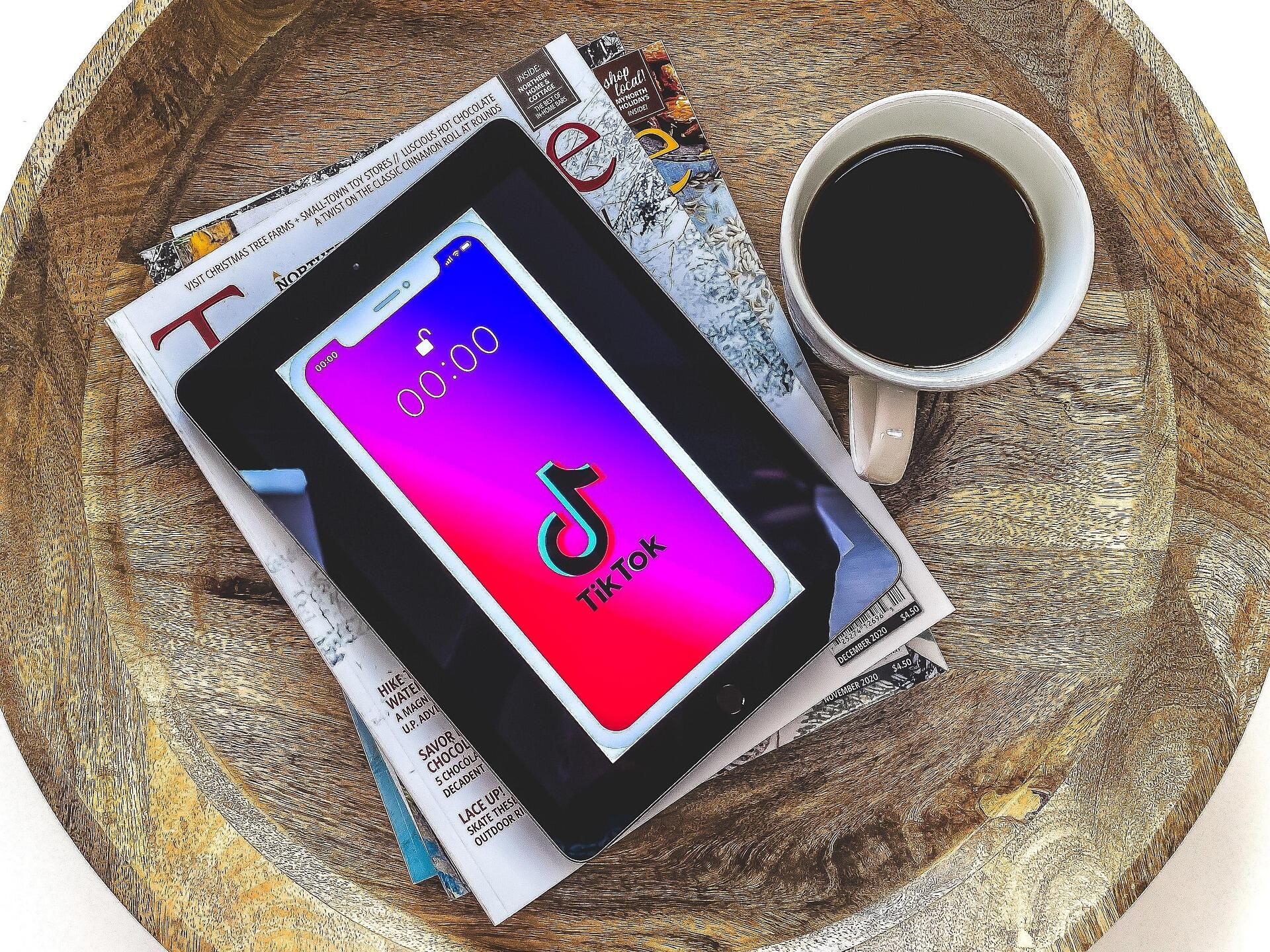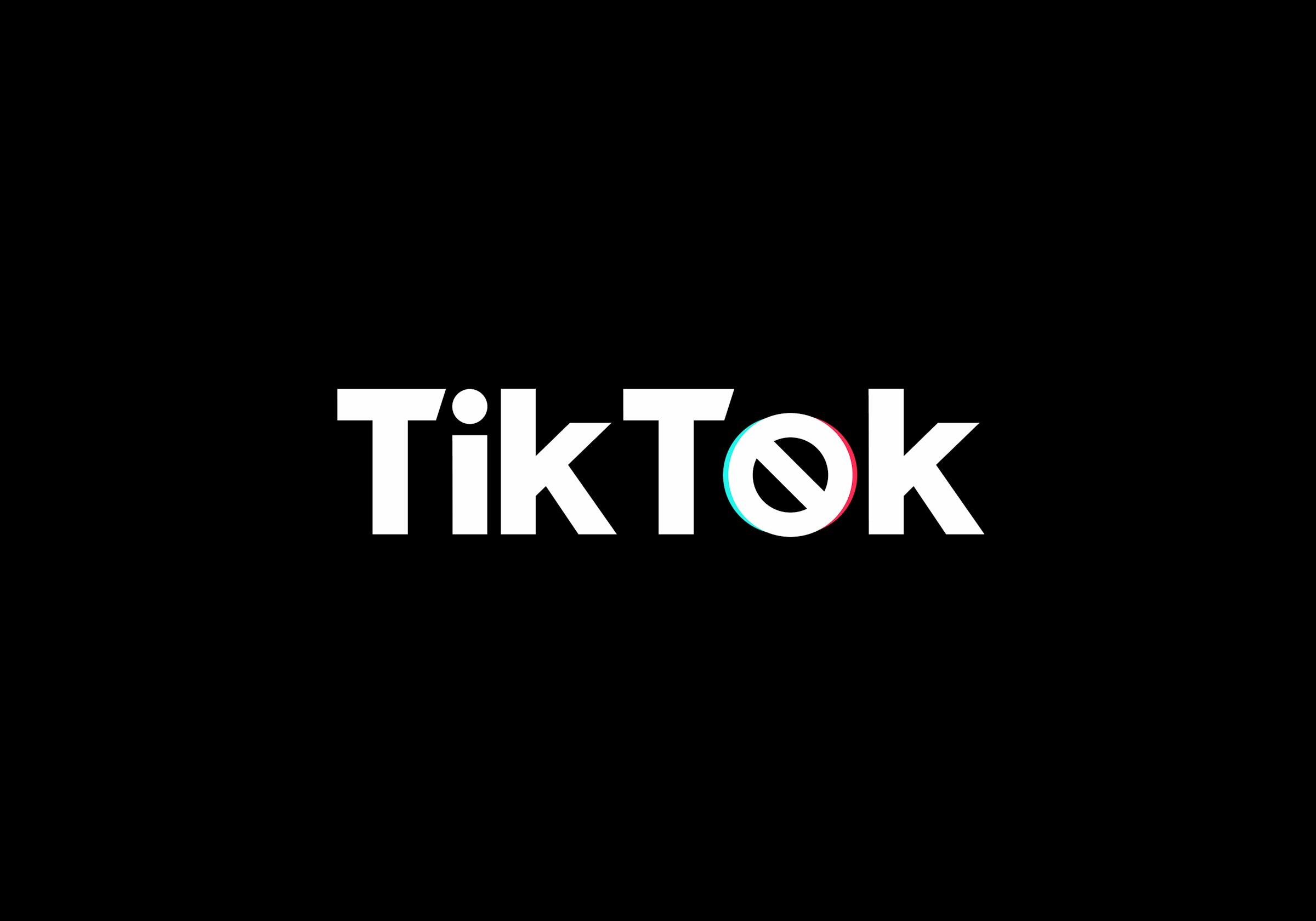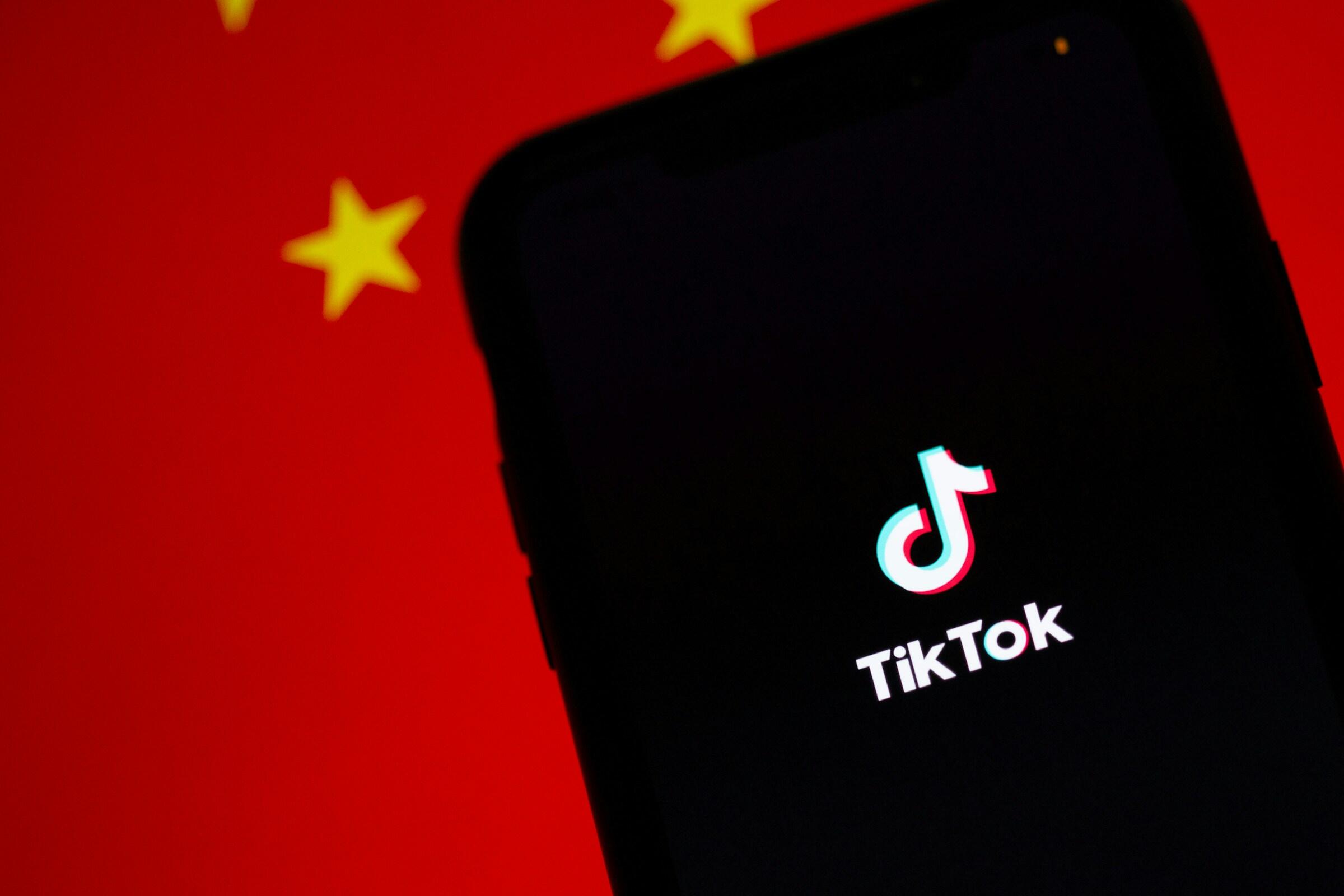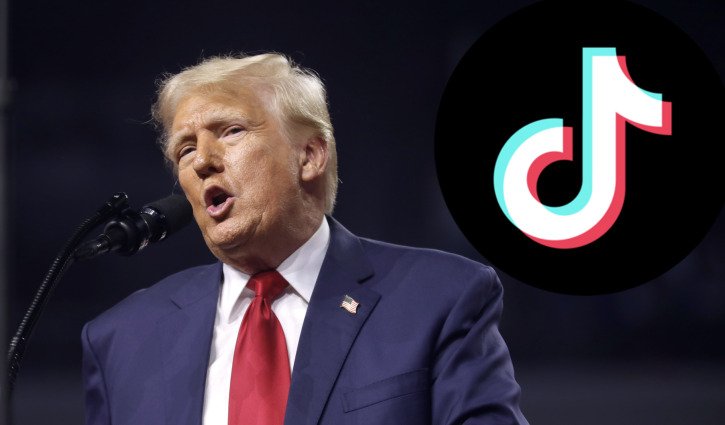A looming U.S. ban on Chinese-owned and thunderously popular social media app TikTok over personal data breaches is seeing American users and influencers flood other platforms with similar security concerns as they look for new homes for content creation and viewing.
It's a running theme, the fight for influence and trade between the U.S. and China. This has recently spilled over into multiple sectors such as tech, critical minerals and export taxes.
On January 19 TikTok will need to be sold, leaving millions of American users who monetise off the platform without an income stream.
That’s because last year Congress passed a ban-or-sale law aimed at its owner ByteDance - which has links to the Middle Kingdom’s Chinese Communist Party (CCP) - to divest from the social media platform or have it banned across America.

China's data espionage
TikTok has long faced security concerns from the West led by the U.S. over potential data sharing between its owner and the Chinese government. ByteDance has repeatedly denied CCP influence over its business activities.
In 2019, the U.S. Committee on Foreign Investment began investigating the national security implications of TikTok collecting user data.
And in 2020, in his first term in the White House, then-President Donald Trump threatened to ban the app entirely over China amassing large quantities of US TikTok users' personal information.
TikTok was again reportedly caught red-handed in 2022, when Buzzfeed revealed that according to leaked audio from 80 internal TikTok meetings U.S. user data had been accessed by employees of ByteDance based in China.
Another major concern is that ByteDance, under the direction of the CCP, could leverage TikTok's “For You” algorithm to influence what recommended videos users see, hear and think.
Ban looms
The law orders distributors of the platform including Apple and Google to stop offering the platform and cloud service providers to withhold the necessary infrastructure needed for consumers to use the app.
The only way TikTok can survive is unlikely intervention by the Supreme Court, or if it cuts ties with ByteDance and is sold to another firm.
ByteDance responded by saying the law violates First Amendment free speech protections and has repeatedly denied
US President-elect Donald Trump, meanwhile, has asked the court to pause enforcement of the law, recently indicating his support for the leading social media app in a 180-degree pivot from his stance on the app five years ago.

US social media refugees pour into TikTok rivals
Known as TikTok “refugees” – all 170 million of them in the U.S. set to be affected by the ban – have been pumping up download numbers across rival apps such as:
- Lemon8 (also owned by ByteDance), a lifestyle app that allows users to post pictures and short-form videos, is said to be a mix between Instagram and Pinterest.
- Instagram (Zuckerberg), with Meta rolling out its Reels addition to IG in 2020 and TikTok creators may join the familiar platform.
- YouTube is still the most widely used platform for teenagers and young adults. It has a ‘shorts’ section similar to TikTok but popularity remains in creating more long-form content.
However most of these “U.S. refugees” are pouring into the popular Xiaohongshu or “RedNote”, with the platform rocketing up to #1 spot in the U.S. Apple App Store.
RedNote is China's Instagram, with 300 million users. In 2018, $300m was invested by some of Asia’s top companies, including Tencent and Alibaba Group - attracting an influx of overseas users at the time and was valued at US$17 billion mid-last year.
The app faced regulatory problems and was suspended in 2022. The Taiwanese government banned its workforce from using it on official devices due to concerns about national security.
It's also widely known to have heavy censorship of women's bodies and LBGTQI+ topics.
“Essentially, if TikTok was a US company, China would still be able to purchase personal US data from TikTok through third-country entities.”

Security concerns to remain
Atlantic Council's Samantha Wong from its Global China Hub says national security risks will remain whether TikTok is banned or not, even with measures implemented by the Biden administration to limit the sale of sensitive personal data to “countries of concern” and legislation aimed at protecting it from being accessed by “foreign adversary nations”.
“…these measures are not foolproof. The executive order only targets data brokers from “countries of concern”, and the bill doesn’t address data,” Wong says.
"One way China can easily circumvent these laws is by purchasing data from companies in third-party countries that obtained it through domestic data brokers that sold the data without knowledge of the final recipient or its intended use.
“Essentially, if TikTok was a US company, China would still be able to purchase personal US data from TikTok through third-country entities.”
Forcing the ban of one social media platform with ties to China just for those users to head to another with the same data breach concerns makes the measure seem counterintuitive, and turns the whole debacle into a cat-and-mouse game.
Ultimately, the victims of this current US v China geopolitical tussle are the taxpayers, content creators and users of these platforms.



